Human Rights Writers Association of Nigeria (HURIWA), has said that the National broadcast by President Bola Ahmed Tinubu in the wake of the nationwide #EndBadGovernanceInNigeria protests is silent on the fundamental issues ravaging the country.
The group said floating the naira in the foreign exchange market was an “economic miscalculation” by the government as it devalued the naira and created exchange rate instability and instigated the immediate erosion of purchasing power of the currency.
Join our WhatsApp ChannelHURIWA asserted that the policy of letting the naira to float as was done by President Bola Ahmed Tinubu’s administration, is a fundamental breach of the extant law that set up the Central Bank of Nigeria.
The group claimed that Tinubu implemented the policy in a bid to satisfy conditions imposed on his administration by the World Bank and International Monetary Fund (IMF) so as to continuously award frivolous loans and credit facilities which are frittered in powering the ostentatious lifestyles of the persons in the corridors of power and pay allowances to political appointees
The rights group argued that the adoption of the IMF and World Bank’s idea of devaluation of the Naira has diluted the sovereign rights of the federation.
HURIWA said no nation can comfortably claim to have a full Sovereignty when its national currency is left to the vagaries of the so-called market forces just as the Rights group affirmed that the mandate of the Central Bank of Nigeria (CBN) is derived from the 1958 Act of Parliament, as amended in 1991, 1993, 1997, 1998, 1999 and 2007.
It said the CBN Act of 2007 charges the Central Bank with the overall control and administration of the monetary and financial sector policies of the Federal Government.
The Rights group further highlighted the fundamental objectives of the CBN which include: ensure monetary and price stability; issue legal tender currency in Nigeria; maintain external reserves to safeguard the international value of the legal tender currency; promote a sound financial system in Nigeria; and act as Banker and provide economic and financial advice to the Federal Government.
President Tinubu in a nationwide broadcast on Sunday, addressed Nigerians protesting against hunger and economic hardship in the country. He appealed to them to stop and embrace peace and dialogue for the way forward.
However, HURIWA in a statement signed by its national coordinator, Emmanuel Onwubiko, said: “the ill-conceived policy of floating the naira against the dollar/pounds, which is at the root of the costs of the crisis in Nigeria was never addressed,” by the president. The rights group said the statement that the price of 50kg rice is being brought down to N40,000 is a phantom story meant to deceive gullible Nigerians.
The group further said the claim by the president that the protesters have a political agenda “is inaccurate because the mass hunger, deprivation and poverty that have pervaded millions of Nigerian households have no political connotations.”
The Rights group said it expected the president to speak on the unconstitutional deployment of lethal weapons to disperse crowds in places like Kano State where looting of public and private property took place instead of the use of rubber bullets, water canons and canisters but the President chose to forget about this major violation of the right to life of the citizens.
“The fact is that as we speak, the Nigerian people are facing unprecedented instability of prices of basic commodities to such a criminal extent that what you pay for an item wouldn’t be the same in another hour and the entire country runs in autopilot because the agencies of government that are statutorily created to maintain commercial sanity and price regulations have abandoned their mandates and since the value of the Naira keeps going down the drain, it is difficult for any sort of order to be in place in the regular markets that are frequented by Nigerians. This is the issue coupled with the inability of government to confront corruption that has made petrol unavailable and extremely high for millions of Nigerians to buy and power both their domestic and commercial activities.”


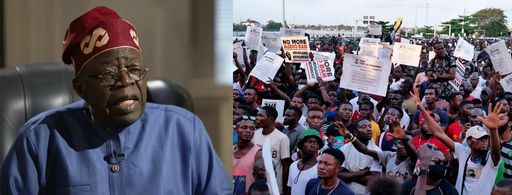
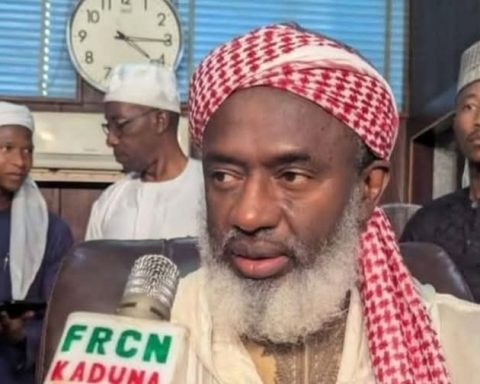

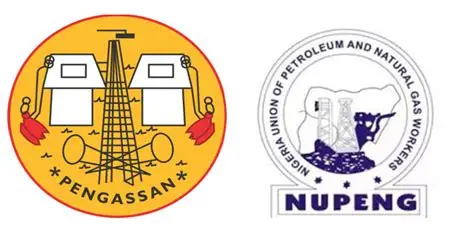
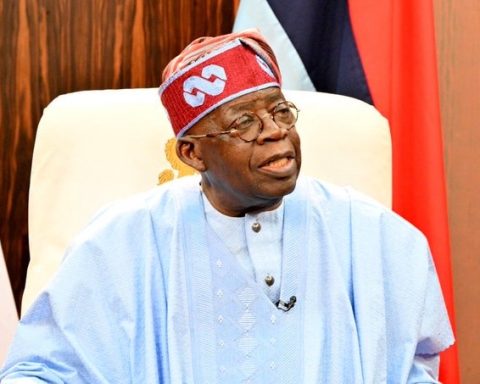
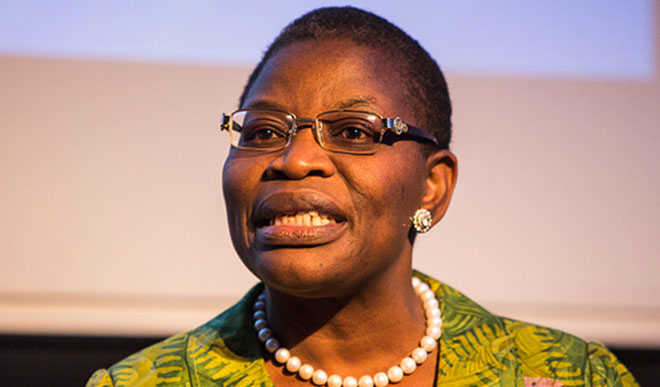


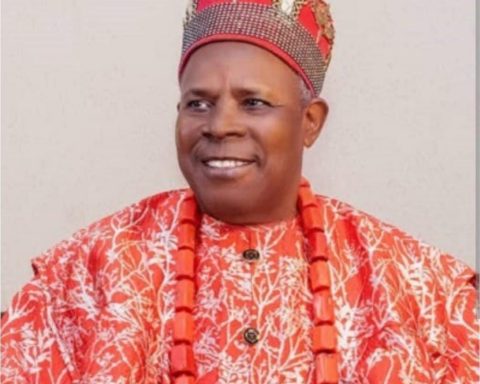
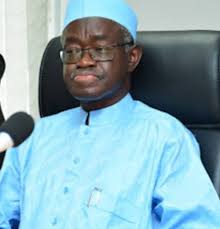
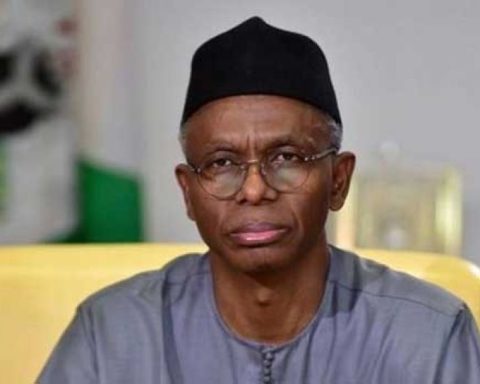

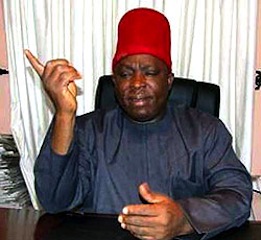



I just could not leave your web site before suggesting that I really enjoyed the standard information a person supply to your visitors Is gonna be again steadily in order to check up on new posts